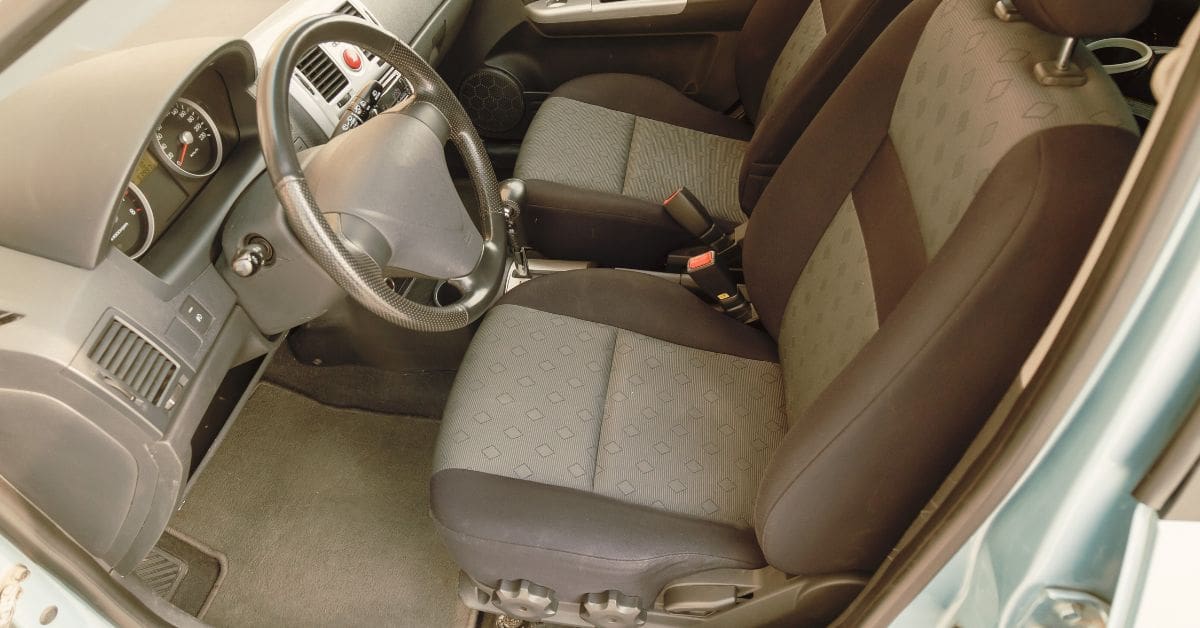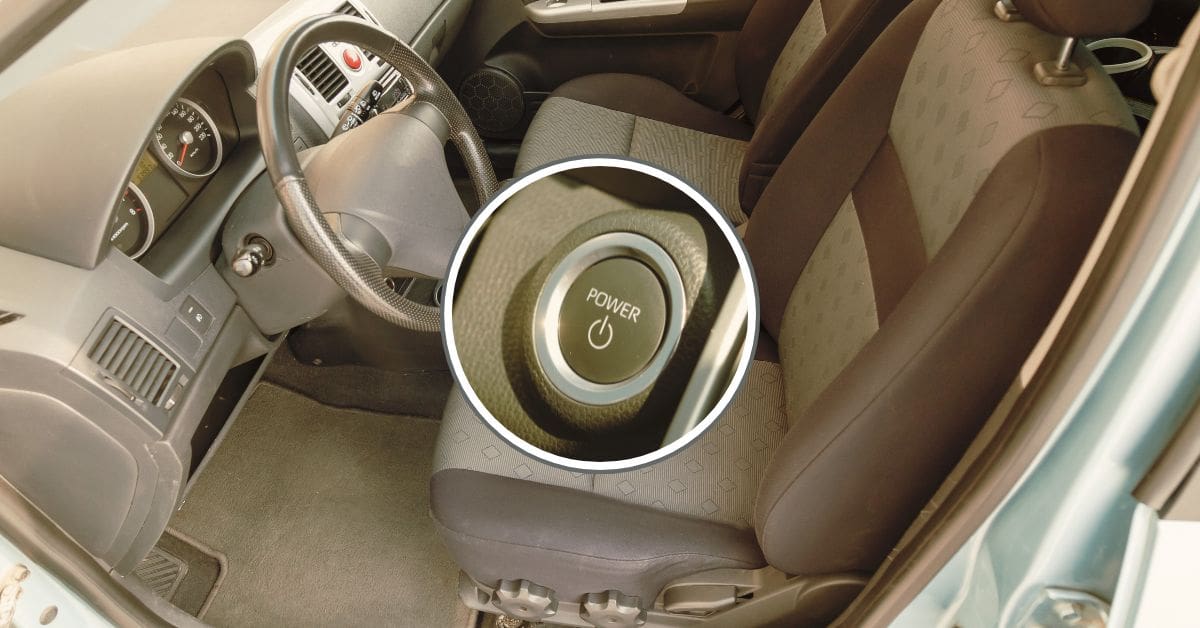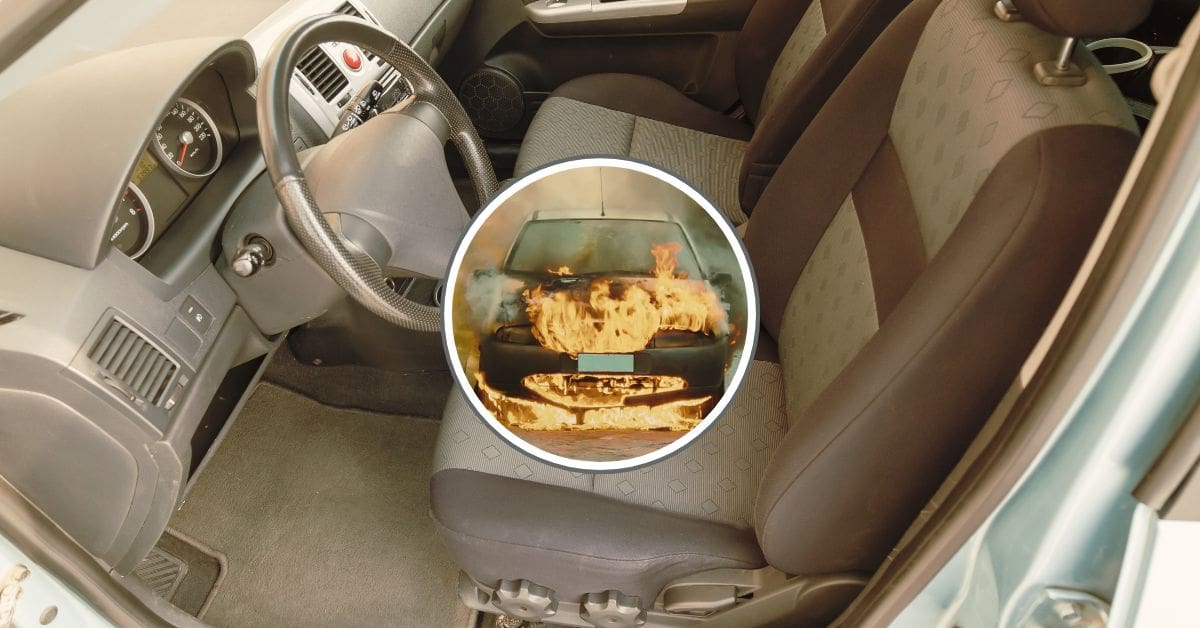Lyft Lawsuit
Lyft is facing lawsuits from customers around the country alleging that the ridesharing company failed to adequately protect its passengers and drivers from sexual assaults and physical assaults. Lyft is headquartered in San Francisco, California, and as a result, is facing lawsuits in California state court. In response to the sexual assault lawsuits that Lyft is facing, a Lyft spokesperson claimed that Lyft is, “committed to helping keep drivers and riders safe.” The Lyft spokesperson went on to claim that, “while safety incidents on our platform are incredibly rare, we realize that even one is too many. Our goal is to make every Lyft ride as safe as possible, and we will continue to take action and invest in technology, policies and partnerships to do so.”
How Lyft Could Better Protect Riders and Drivers
Dual-Camera Dash Cams Decrease Sexual Assaults
Many are familiar with standard single-camera dash cams that record the road, but there are also dual-camera dash cams that film the inside of the vehicle as well. Providing Lyft drivers with cameras that film the inside of their vehicle would better protect both the Lyft passenger and Lyft driver. Internal cameras in the Lyft vehicle would disincentivize both Lyft drivers and Lyft passengers from acting inappropriately. Furthermore, cameras inside of a Lyft would provide valuable evidence in the event that someone is sexually assaulted inside of a Lyft.
Taxi cab companies have been aware of the safety advantages of utilizing interior cameras in their taxi cabs for years and many taxi cab companies install internal cameras in their taxi cabs to protect both their drivers and passengers. However, Lyft, a technology-based ridesharing company has failed to provide its drivers with internal facing cameras. This could be because Lyft is more concerned with turning a profit than it is with building a safe ridesharing environment for its passengers and drivers.
Internally facing cameras inside a Lyft not only decreases the odds of a sexual assault but also promotes safer driver habits. Studies have demonstrated that drivers are more courteous when their ridesharing vehicle is equipped with an internally facing camera. More advanced cameras can also detect distracted driving and drowsiness, and alert the driver. It’s time for Lyft to make internally facing cameras mandatory.
Dividers or Partitions Between Driver and Passenger Decrease Sexual Assaults
The taxi cab industry began utilizing partitions between the driver and passengers back in the 1960’s when armed robberies and murders were on the rise. Some taxis have historically complained that the partitions made it harder to exchange money, but that is not a concern for a ridesharing service like Lyft where payments are done electronically through the Lyft app. The Taxi and Limousine Commission has stated that, “whatever goes through the brain of somebody intent on physical violence, partitions seem to stop them.” However, Lyft still does not require its vehicles to have dividers or partitions to protect their passengers.
Enhanced Lyft Driver Screening for Sexual Predators
Lawsuits filed against Lyft allege that the ride-hailing company failed to protect female passengers from rape by drivers due to inadequate screening of their drivers. On September 10, 2019, Lyft president and co-founder John Zimmer posted a blog titled, “Reinforcing our commitment to safety“. The Lyft blog stated the follow, “Safety is the cornerstone of all healthy communities, and it’s one of the key values Lyft was founded on. We don’t take lightly any instances where someone’s safety is compromised, especially in the rideshare industry, including the allegations of assault in the news last week.” In the blog post, Lyft also claimed to perform “continuous criminal monitoring” and that their “daily screenings for drivers quickly notify Lyft of criminal convictions. Any driver who does not pass both annual and continuous criminal screenings is barred from our platform.”
However, Lyft was sued the following year for poor screening that resulted in the hiring of a violent driver who then attacked a passenger. The Lyft driver was driving on an expired license at the time of the assault. It took Lyft two weeks to the deactivate the driver from the Lyft platform. The driver then reapplied to Lyft using a friend’s driver’s license. Lyft reapproved the driver, even though the driver used his same Social Security number, email address, cell phone number, license plate number, and Vehicle Identification Number (VIN) associated with his previously deactivated Lyft account. This evidences that the technology-based ride-hailing company Lyft lacks even basic technology to prevent dangerous drivers on its ridesharing platform.
The same driver that assaulted a Lyft passenger was also an Uber driver. This driver went on to kill a passenger in an Uber. It was later found that Lyft failed to notify the agency that oversees the ride-hailing industry, the Department of Business Affairs and Consumer Protection that their driver assaulted a passenger. Lyft was fined a mere $10,000, the maximum penalty. The Lyft driver who assaulted and then killed a passenger fled to China to avoid murder charges.
Sexual Assaults in Lyfts Are More Common Than Thought
Lyft had initially promised to release a safety report by 2019, but it took until 2021 for Lyft to finally release its Community Safety Report. The statistics within Lyft’s Community Safety Report were startling, which might have been the reason for such a significant delay. From just 2017 – 2019, over 4,000 people were assaulted during Lyft rides, with 10 people being killed. Additionally, 105 people had died in car crashes involving a Lyft. Despite the safety report, Lyft claimed that serious incidents, such as sexual assault and rape are “statistically rare” in Lyft vehicles. Jennifer Brandenburger, Head of Policy Development and Research at Lyft, then posted a blog post titled “Lyft’s Community Safety Report. In the blog post, Lyft spun the data from their Community Safety Report finding 4,000 assaults as “well over 99% of all rides occur without any safety report at all.” Lyft went on to claim that their rates of serious safety incidents were in line with or lower than that of competitor Uber. Furthermore, Lyft claimed that “the incident rate of sexual assault categories included in this report decreased by 19% during this time period.”
Lyft’s claim that sexual assaults decreased by 19% from 2017 to 2019 is a deceiving statistic. In reality, sexual assaults in a Lyft increased from 1,096 to 1,807 from 2017 or 2019. Lyft justified claiming a 19% decrease in Lyft sexual assaults because Lyft bookings increased at a higher rate than reported sexual assaults. Many would consider an increase from 1,096 sexual assaults per year in a Lyft to 1,807 sexual assaults per year in a Lyft to be a 60% increase in sexual assaults occurring in a Lyft.
Lyft Sexual Assault Attorney
If you are a survivor of a Lyft sexual assault or rape, contact our Lyft sexual assault attorneys today. Call 202-925-4500 today or fill out our web form for a free consultation if you have experienced any form of sexual assault while riding in a Lyft.









